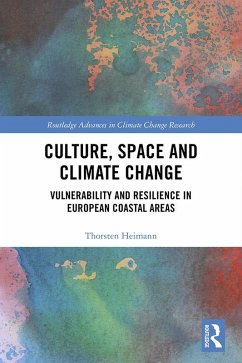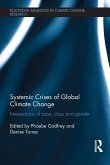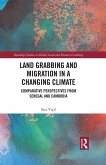This book examines how cultural differences in the handling of climate change can be described and explained. The work develops the concept of culture as relational space, elaborates explanatory approaches, and investigates them by surveying more than 800 actors responsible for spatial development of the European coastal regions in the Netherlands, Germany, Denmark, and Poland. In doing so, this book engages with debates on cultural globalisation, in which the attachment of culture to place is increasingly being questioned. Adopting the approach of culture as relational space allows possible cultural formations to be examined across diverse fields of application from the local to the global scale. In addition, the book investigates how far different value orientations, beliefs, and identities can explain diverse perceptions of problems and opportunities right up to preferences for climate-mitigation and adaptation measures.
Providing comprehensive insights into the diverse zones of cultural friction which scholars and practitioners face when handling climate change locally and globally, this book will be of great interest to those studying climate change, environmental sociology, and sustainable planning.
Dieser Download kann aus rechtlichen Gründen nur mit Rechnungsadresse in A, B, BG, CY, CZ, D, DK, EW, E, FIN, F, GR, HR, H, IRL, I, LT, L, LR, M, NL, PL, P, R, S, SLO, SK ausgeliefert werden.









